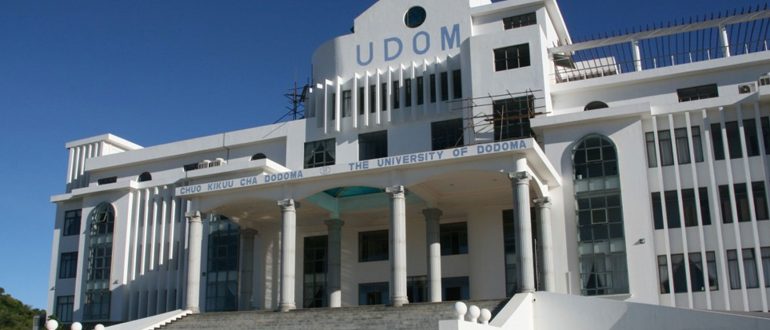
Empowering Students to Advocate Disability Rights in Tanzania
Academic institutions have a big role to play with respect to the promotion of human rights. As demonstrated by the Disability Rights Education and Legal Aid Clinic at the University of Dodoma, this can be done through the involvement of students in universities’ legal aid clinics.
The evolution of equality has been changing the way we look at the rights of vulnerable groups. Now the shift is from juridical (formal) equality, to a more substantive approach to equality – substantive equality. Substantive equality is the core issue in disability rights. It follows therefore that the adoption of the UN Convention on the Rights of Persons with Disability is nothing more than an emphasis on how we look at disability rights.
Academic institutions also have a big role to play with respect to the promotion of rights. The focus should not only be to produce for the labour market, but also to empower students to be catalysts for change in their own communities. This can be done, for example, through involvement of students in universities’ legal aid clinics. It is for this reason that the School of Law of the University of Dodoma has the Disability Rights Education and Legal Aid Clinic (DRELAC) project whose core objectives are to teach disability rights law and to empower students, through legal aid clinics, to address issues concerning disability rights effectively. DRELAC has in many ways furthered the core mission of the University by strengthening teaching (disability rights law), research around disability rights themes, and public services through outreach, community engagement, and mass media.
One year since being introduced, DRELAC has some encouraging achievements, the major one being the teaching of a disability law course. This is a one semester compulsory course for first year law students. Although the said clinical law course is not a compulsory component of the curriculum, a practice of offering clinical law education to students during semester breaks has been developed as part of DRELAC initiatives. This setup complements the theoretical part of the disability law course: clinical legal education is offered as a separate component only to students selected to work for DRELAC in a respective semester.
Despite some achievements, the major challenge is that the University of Dodoma is yet to be granted permission by the Chief Justice to offer legal representation in court, which means that DRELAC legal aid is thus limited only to offering legal advice. In an attempt to resolve the challenge, DRELAC has established collaboration with other legal aid providers who are permitted to offer legal representation in courts. For example, in December 2014, DRELAC participated in a nationwide Legal Aid Day organized by the Bar Association, the Tanganyika Law Society, the focus being persons with disabilities and issues around disabilities. In July 2015, DRELAC also organized a community legal aid day.
It is expected that in the near future, the University of Dodoma will get a permit from the Chief Justice for purposes of legal representation in courts. Experience has shown that there is a significant number of people in need of legal aid who also require legal representation in courts – and whom DRELAC students could very well serve.
